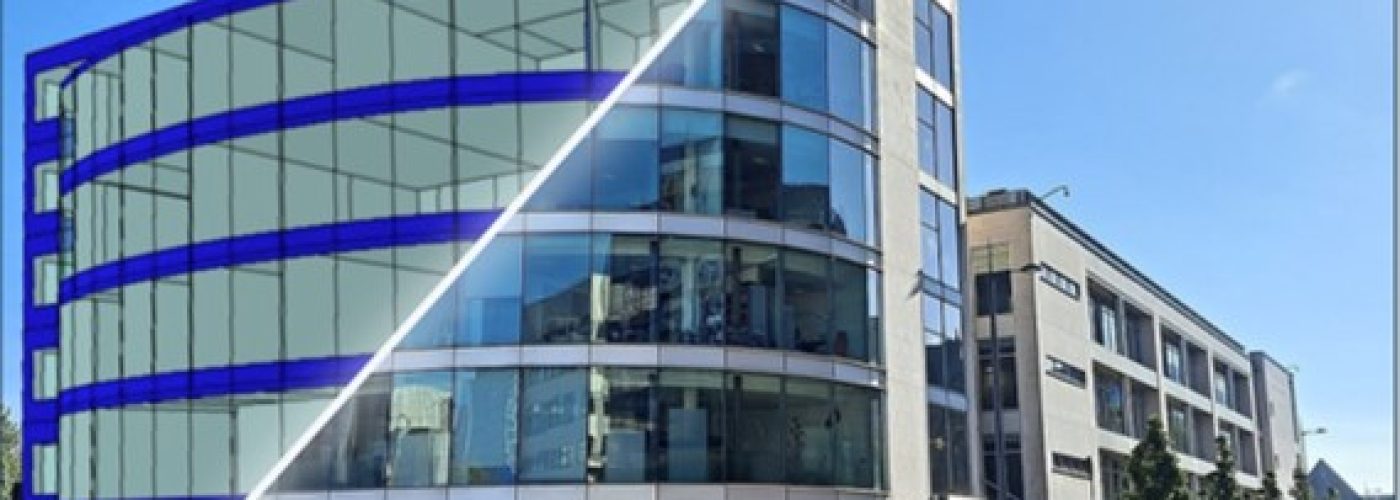Pioneering live digital twin technology piloted at the University of Liverpool
A new tool for optimising the operational performance of buildings has been used as part of a project at the University of Liverpool, resulting in operational cost savings of £25,000 and energy consumption reductions of 23%.
Glasgow-based climate technology firm, IES, is working in partnership with the university by using IES Live to evaluate in real-time the impact of an ongoing HVAC refurbishment project for one of its campus buildings.
The project is one of the first to utilise the first-of-its-kind tool which connects live operational data from a building to a calibrated digital twin. Aimed at facilities managers, it equips teams with a single pane view of live operational performance metrics via the cloud.
In order to realise the savings, evaluate the performance of the campus building and identify the required improvements to enhance efficiency, a digital twin of the building was created.
The digital twin was used to test various refurbishment scenarios and identify those that would be most effective in generating energy, carbon, and cost savings. Once the selected improvements had been made to the building, the digital twin was upgraded by connecting live data from the BMS and energy meters, enabling the model to be calibrated to match measured data on an hourly basis. The updated model highlighted additional interventions to optimise operational performance and move towards decarbonisation.
The university’s facilities management team is now using this operational performance digital twin to continually monitor and improve the building. Benchmarking against the simulated baseline, the university can track performance and gain improvement insights for energy, carbon, and comfort. Additionally, the ongoing impact of the refurbishment can be measured and verified.
The live feature also helps to prevent operational drift, whereby the performance of building systems degrades over time, as any issues will be flagged and can be fixed before they begin to have an impact.
Replicable across the campus, the university plans to continue collaborating with IES to create digital twins for three more buildings in the next phase of work.
Valeria Ferrando, Associate Director at IES, said: “Improving the operation of buildings is key to mitigating energy and climate risk, cutting costs and emissions, meeting sustainability objectives and increasing resilience, not to mention being a vital part of a successful net zero strategy. However, you can’t improve what you can’t measure and there was a gap in the market for a tool that can connect live operational data, providing continuous insights and giving energy management teams a holistic view of how their building is performing. IES Live is a real game-changer, maximising the impact of a digital twin which leverages a world-class simulation engine and placing this power in the hands of those who need it.
“It’s been a pleasure to work with the University of Liverpool to pilot IES Live and enable them to evaluate the effectiveness of their retrofit measures, verify predicted results and allow informed decisions to be made on building improvements. We look forward to replicating the work across the campus.” “Tony Small, Head of Engineering Services at the University of Liverpool said: “Working with IES on this project has given us detailed insight into the impact of our refurbishment work and will enable us to continually monitor and update our operational systems to ensure that the building is operating efficiently. With building use, occupants and settings altering frequently, having access to this level of data means we can make informed decisions on improvements and ensure optimum performance doesn’t come at the expense of occupant comfort.”
Building, Design & Construction Magazine | The Choice of Industry Professionals





